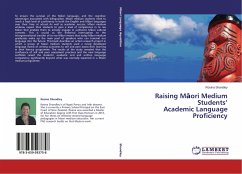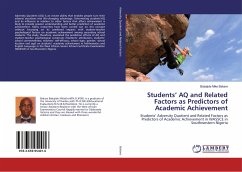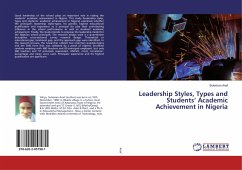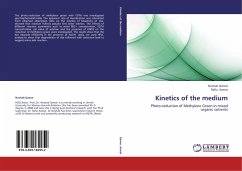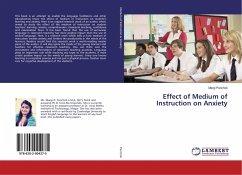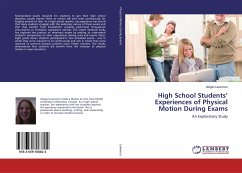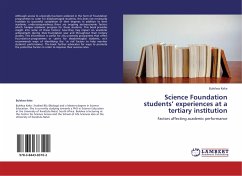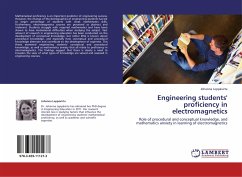To ensure the survival of the M ori language, and the cognitive advantages associated with bilingualism, M ori medium students need to reach a high level of proficiency in both the English and M ori languages over their time at school. As well as academic success, M ori medium wh nau expect their students to gain a level of competence in te reo M ori that enables them to actively engage in authentic M ori cultural contexts. This is crucial as the historical interruption to the intergenerational transfer of te reo M ori means that today M ori medium graduates make up the main pool of speakers who can transmit our language into the future. This book describes an action research project in which a group of Maori medium students used a newly developed language matrix of writing outcomes to self and peer assess their learning in their literacy programme. The results of the study revealed that the confluence of self and peer assessment practices and the new language scaffolds raised the students academic oral and written language competency significantly beyond what was normally expected in a M ori medium programme.

